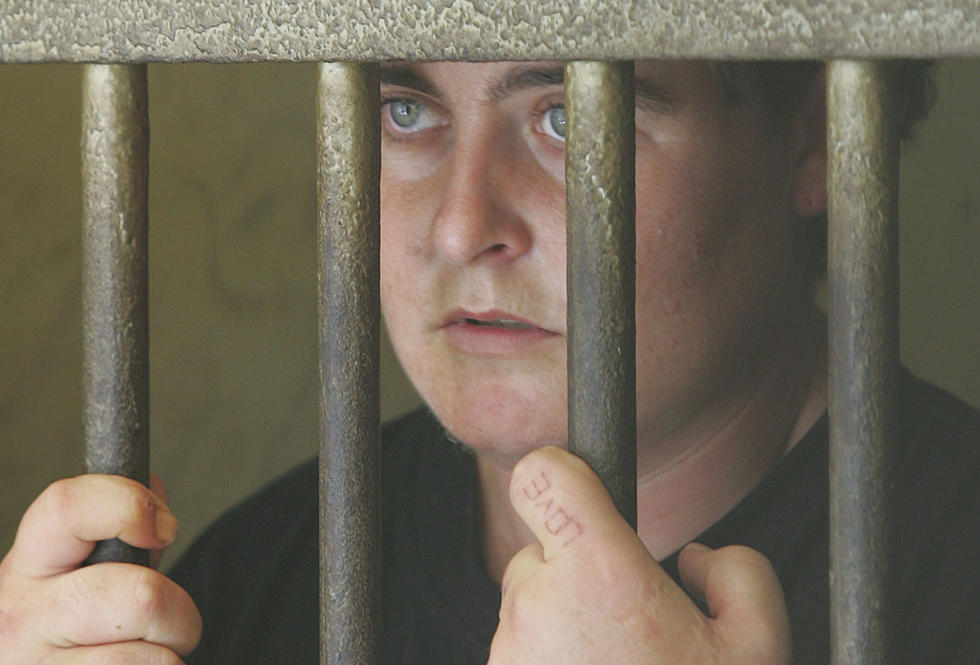
Rep. Amash Votes No On A Bill To Make Lynching A Federal Crime
Bobby Rush, an Illinois Representative, introduced a bill into the House that would make lynching a federal hate crime. Whether you agree with the term “hate crimes” or not I ask myself why it took them so long to designate lynching as a hate crime.
That bill passed the House 410 to 4 yesterday. Who were the 4 people who voted against this bill? They were:
- Louie Gohmert Republican from Texas
- Thomas Massie Republican from Kentucky
- Ted Yoho Republican from Florida
- And Southwest Michigan’s own Justin Amash Independent from Cascade Township.
Amash tweeted out that the bill covers acts that are already criminal which the Constitution leaves to states to handle:
Creating federal crimes for matters that are normally handled by the state obscures which government — federal or state — is responsible for investigating and prosecuting the crime, and it gives power to unelected federal officials whom voters can’t directly hold accountable
According to reporting by the AP and published in the Detroit News:
Gohmert from the state of Texas said that he did support the concept of the bills but preferred that those accused of lynching in Texas be tried in state court, where they ultimately could face the death penalty.
Massie in a statement said he opposed the expansion of federal hate-crime laws:
A crime is a crime, and all victims deserve equal justice…Adding enhanced penalties for ‘hate’ tends to endanger other liberties such as freedom of speech.
I agree with Rep. Massie, a crime is a crime. If someone is going to attempt to kill me or actually kill me via lynching or some other way I am pretty sure those people do not like me or perhaps “hate” me. Why we need to have a designation of “hate” sounds like politicians preening for the public.
According to FreeDictionary.com a “hate” crime is:
A crime motivated by racial, religious, gender, sexual orientation, or other prejudice.
Hate crimes are based, at least in part, on the defendant's belief regarding a particular status of the victim. Hate crime statutes were first passed by legislatures in the late 1980s and early 1990s in response to studies that indicated an increase in crimes motivated by prejudice. Approximately 30 states and the federal government have some form of hate-crime statute. Many localities have also enacted their own hate-crime ordinances.
The precise definition of hate crime varies from state to state. Some states define a hate crime as any crime based on a belief regarding the victim's race, religion, color, disability, sexual orientation, national origin, or ancestry. Some states exclude crimes based on a belief regarding the victim's sexual orientation. Others limit their definition to certain crimes such as harassment, assault, and damage to property. In all states, the victim's actual status is irrelevant. For example, if a victim is attacked by someone who believes that the victim is gay, the attack is a hate crime whether or not the victim is actually gay.
Ok, I still do not fully understand why we need to designate a crime, any crime as a hate crime. Does this mean our sentencing guidelines are inadequate at the state level?
Also if a person of “non-color”, as opposed to a person of color, is attacked or killed by another person of “non-color” is that not a hateful crime?
What about if a person of color is attacked or killed by another person of color is that not a hateful crime?
How about this: If a person of “non-color” is lynched by a person of “non-color” would that be a “hate” crime or not?
Last one: what if a person of color is lynched by a person of color would that be a “hate” crime or not?
So many questions it makes intelligent people's head spin.
As the great Rodney King once said: “Can’t we all just get along”.
Oh my, it appears that Rep. Amash and I might just agree on this one.
More From 1240 WJIM AM









